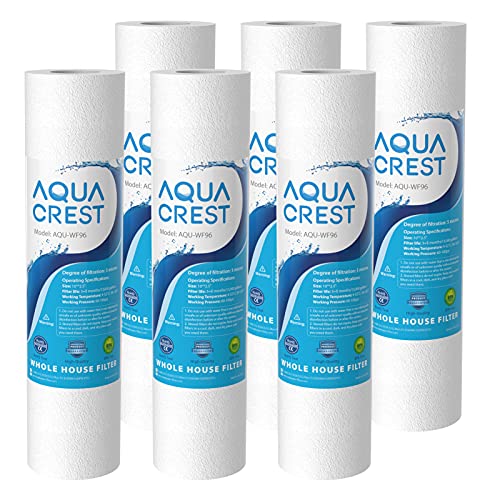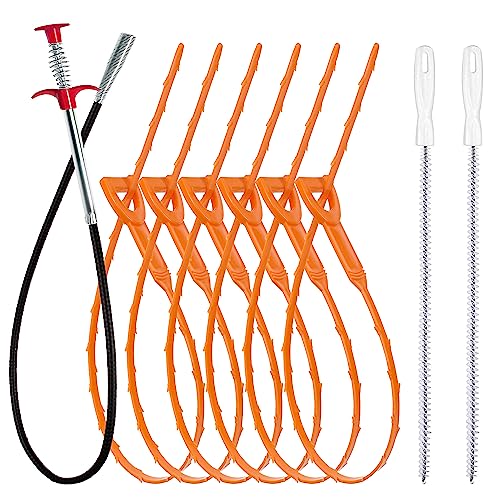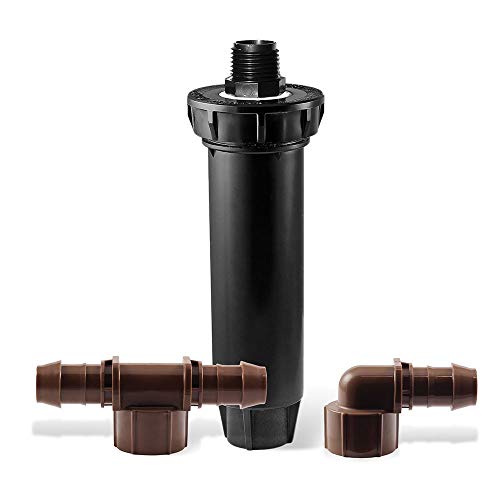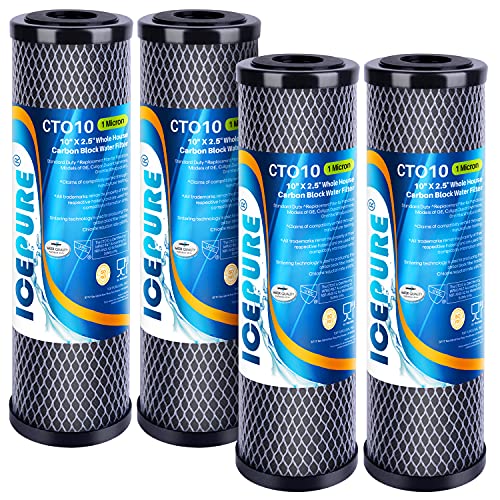I recently replaced a hot water heater in our house and now, whenever first using the hot water each morning, there's always air in the line. It burps and farts for a while then runs cleanly. No matter how often I run the taps to bleed out the air, next morning there's always air in the line again. It's only on the hot water side. Cold water runs fine with never any air in the line.
The only thing that's changed is the new hot water tank. There are no water leaks anywhere. There's good water pressure in the lines. How is air getting in with no water coming out?
Searching through older posts on this forum reveals a possible cause.
Hmmm. That sounds intriguing.
How would I even know whether my new water heater has a magnesium or aluminum anode?
So I dug out the instruction manual for the new water heater (which I cleverly saved, and even more cleverly managed to find again, but which I stupidly never read in the first place). And there it is, right there in black & white!
The manual says if the water heater is used with a water softener then the magnesium anode must be replaced with an aluminum anode. Furthermore the fine print of the Warranty states that the warranty does not apply to any damage caused by the use of the unit with a water softener if the magnesium anode has not been replaced by an aluminum anode!
Whoa! Who knew?
I'll be getting myself a new aluminum anode pronto! Hopefully that will also resolve the out-gassing issue.
The only thing that's changed is the new hot water tank. There are no water leaks anywhere. There's good water pressure in the lines. How is air getting in with no water coming out?
Searching through older posts on this forum reveals a possible cause.
The anode rod may be out gassing as he is on a softener.
Hmmm. That sounds intriguing.
How would I even know whether my new water heater has a magnesium or aluminum anode?
So I dug out the instruction manual for the new water heater (which I cleverly saved, and even more cleverly managed to find again, but which I stupidly never read in the first place). And there it is, right there in black & white!
The manual says if the water heater is used with a water softener then the magnesium anode must be replaced with an aluminum anode. Furthermore the fine print of the Warranty states that the warranty does not apply to any damage caused by the use of the unit with a water softener if the magnesium anode has not been replaced by an aluminum anode!
Whoa! Who knew?
I'll be getting myself a new aluminum anode pronto! Hopefully that will also resolve the out-gassing issue.



















![MEISTERFAKTUR drain snake 2.0 [50 FT] - with drill attachment - Ideal plumbing snake for sink and drain unblocking - Solid drain auger for real DYIs! (50 FT - 1/4 inch)](https://m.media-amazon.com/images/I/41VwmTiOsgL._SL500_.jpg)











































